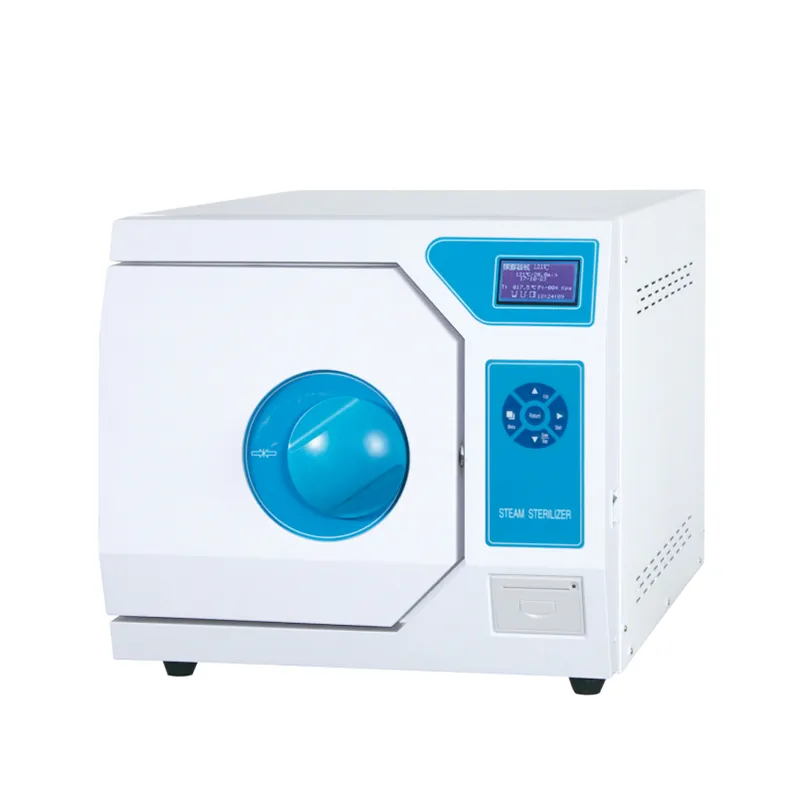
Developed from the use of sophisticated superconducting magnets, the mri machine noise produces stable magnetic fields that create clear and unblurred images. Patient comfort during scanning is provided with noise reduction systems in the mri machine noise. Automated positioning and high-speed data acquisition functions are included in the mri machine noise to provide an effective workflow in clinical settings.

In gynecology and obstetrics, the mri machine noise facilitates observation of the reproductive organs and fetal development monitoring. It is used in diagnosis of such conditions as fibroids, endometriosis, and congenital defects of the uterus. The mri machine noise provides precise and high-resolution images without harming either the mother or the fetus.

Future innovations of the mri machine noise will focus on sustainability and digital convergence. Low-energy superconducting systems and recyclable materials will bring MRI technology closer to the environment. The mri machine noise will also come with integration into AI databases that enable automatic clinical reporting and predictive modeling.

Maintaining the mri machine noise involves both technical and environmental care. The system’s computer and data storage units should be updated and backed up regularly. Cooling fans, cryogen tanks, and power supplies must be checked frequently to ensure the mri machine noise remains stable during extended operation.
The mri machine noise plays a crucial role in modern diagnosis because it provides proper organ, muscle, and blood vessel visualization. The mri machine noise takes advantage of magnetic resonance technology to detect variations in tissue structure. It allows clinicians to diagnose conditions like brain lesions, spinal cord injuries, and cardiovascular disease accurately and safely.
Q: What should patients avoid before an MRI scan? A: Patients should avoid wearing metal objects, such as jewelry, watches, or hairpins, as these can interfere with the MRI machine's magnetic field. Q: How does MRI help in brain imaging? A: MRI provides detailed views of brain structures, helping detect conditions such as tumors, aneurysms, multiple sclerosis, and stroke-related damage. Q: Can MRI scans be performed on children? A: Yes, MRI is safe for children since it doesn’t use radiation. In some cases, mild sedation may be used to help young patients remain still during scanning. Q: What is functional MRI (fMRI)? A: Functional MRI measures brain activity by detecting changes in blood flow, allowing researchers and doctors to study brain function and neural connectivity. Q: How are MRI images interpreted? A: Radiologists analyze the images produced by the MRI machine to identify abnormalities, tissue differences, or structural changes that are relevant to the diagnosis.
I’ve used several microscopes before, but this one stands out for its sturdy design and smooth magnification control.
This ultrasound scanner has truly improved our workflow. The image resolution and portability make it a great addition to our clinic.
To protect the privacy of our buyers, only public service email domains like Gmail, Yahoo, and MSN will be displayed. Additionally, only a limited portion of the inquiry content will be shown.
I’m looking to purchase several microscopes for a research lab. Please let me know the price list ...
We’re looking for a reliable centrifuge for clinical testing. Can you share the technical specific...
E-mail: [email protected]
Tel: +86-731-84176622
+86-731-84136655
Address: Rm.1507,Xinsancheng Plaza. No.58, Renmin Road(E),Changsha,Hunan,China